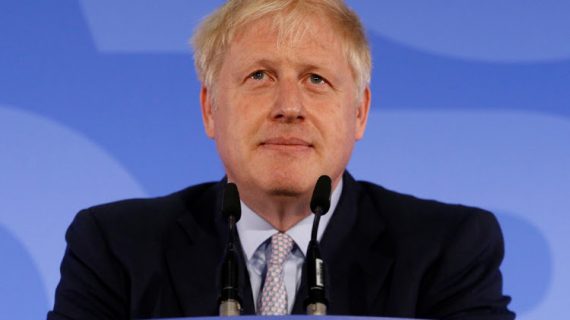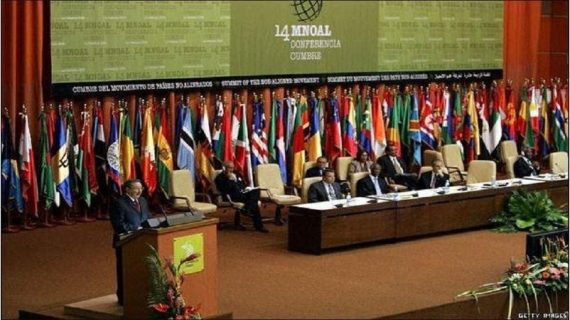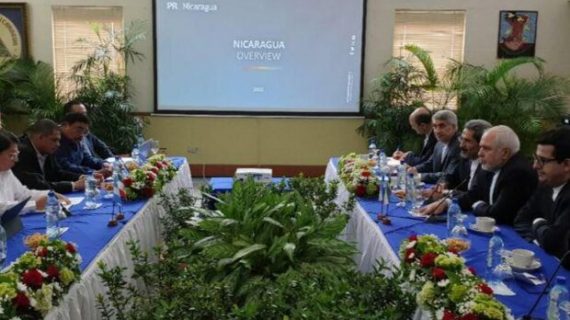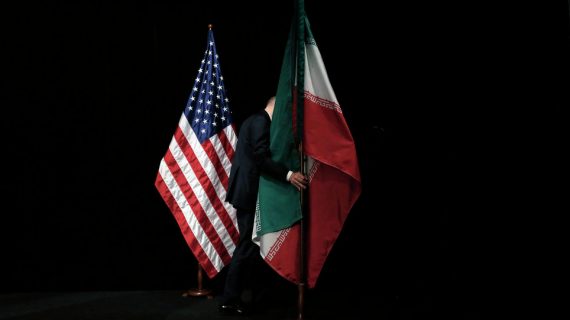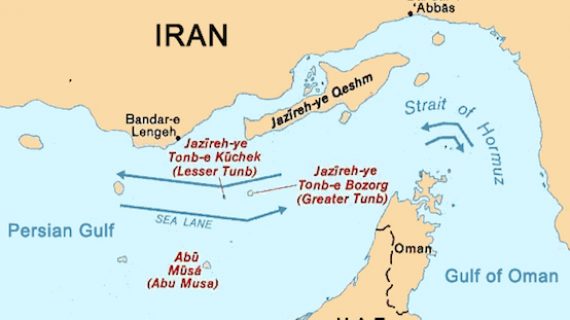German minister urges jobless fund, tax to bolster euro
German finance minister Olaf Scholz speaks during a party meeting of Hamburg’s Social Democrats in Hamburg, Germany on June 9, 2018.
Germany’s finance minister is urging bolder steps to strengthen the 19-country euro currency union by setting up a fund to help member states suddenly hit with high unemployment, and by laying the foundations for a European Union-wide tax system.
Reported by HPMM Group according to IRAN DAILY; Finance Minister Olaf Scholz made his proposals in an interview with Der Spiegel magazine made public Saturday. The ideas take a step toward those of France’s President Emmanuel Macron, who has called for wide-ranging actions to strengthen the EU, and surpass more modest proposals from German Chancellor Angela Merkel, AP reported.
Scholz, who is also Merkel’s vice chancellor, advocated a eurozone ‘reinsurance’ fund that would loan money to countries that are hit by an economic crisis and have higher jobless benefit costs. He also called for a tax on financial transactions as the beginning of an EU-wide system of tax collection.
One of the vulnerabilities in the currency union exposed by the Great Recession and Europe’s 2010-2012 debt crisis was the lack of a central pot of money to even out recessions when individual countries run into trouble — the way the U.S. federal budget helps smooth out recessions in individual U.S. states. Both of Scholz’s proposals address the issue.
A eurozone-level fund to supplement national jobless insurance programs would help keep deep recessions and the resulting outlays for unemployment benefits from straining a troubled country’s finances. After a recession is over, the country could repay the fund.
The tax on financial transactions would fund collective European Union projects such as investment in transportation infrastructure and digitalization. Scholz said it could bring in five to seven billion euros ($5.6 billion to $8.2 billion) per year.
Scholz was careful to say that his suggestions did not mean Germany was committing to share the debts or other financial obligations of fellow EU member states — a highly unpopular idea in the country with the eurozone’s biggest economy.
However, he said that “if we don’t just want to spout empty words about European sovereignty, then we need to draw the necessary consequences.”
“In Germany, we have long been profiting from a federal tax system in which the federal government and the states decide on the arrangement together,” Scholz said. “A European financial transaction tax could be a first step to a similar process in Europe.”
Scholz is a member of Germany’s center-left Social Democrats, who are governing in a coalition with Merkel’s center-right Christian Democrats and their Bavaria-only sister party, the Christian Social Union.
Merkel made eurozone proposals in an interview published June 3 in the Frankfurter Allgemeine Sonntagszeitung. She focused on strengthening EU immigration policy and mentioned a small investment fund.
European leaders are scheduled to take up proposals to strengthen the euro at a June 28-29 summit. Possible decisions include upgrading the eurozone bailout fund, the European Stability Mechanism, and a long-term commitment to EU-wide deposit insurance.
Germany has resisted the deposit insurance proposal, saying banks must first shed financial vulnerabilities such as non-performing loans before any insurance proposal can take effect.


